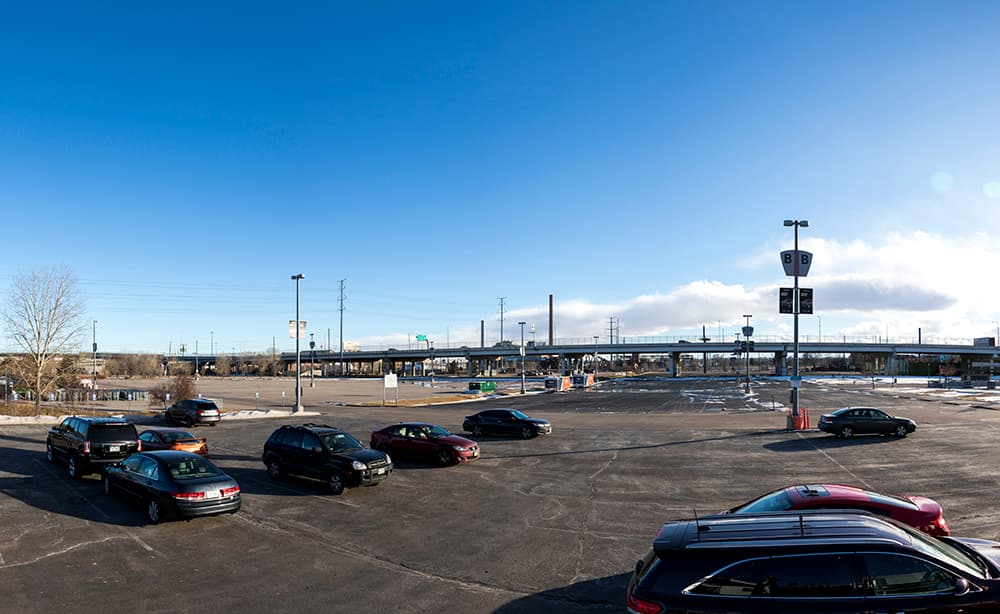A new analysis finds that using a ride hailing service to get to work could actually be a decent proposition for many Denver drivers. It has everything to do with parking.
The report, from NerdWallet, finds that commuting to work in the Denver, Aurora and Lakewood area costs about $106 per week, factoring in the cost of insurance, maintenance, gas and parking. By contrast, it estimates that Uber would cost $119 per week. The typical commute in this scenario is 8.5 miles each way.
You can quibble with their numbers, but there's an interesting pattern here. Uber is way more expensive than driving in sprawl-y, car-centric cities like Phoenix and Dallas. On the other end, Uber is cheaper than driving in cities like San Francisco and New York. Denver's right there in the middle.
The biggest difference between the areas is the cost of parking. In Phoenix, it's an absurdly low $19 per week, the study found. (They sampled monthly parking rates from a parking website.) In Denver, it's more like $48 per week. In San Francisco, it's $100 per week.
As the theory goes, people will start giving up their cars when it gets too expensive to drive them.
If these numbers hold up, then Denver could be near a cost cusp. And we might expect parking to get costlier as surface lots are redeveloped.
However, a couple caveats: First, these parking rates seem like they'd apply mostly to the downtown area. In many cases, downtown employers simply pay for employees' parking.
Second, it's not necessarily going to help traffic if a bunch of people suddenly start riding Uber to work. New research does not indicate that ride-hailing services actually reduce the number of miles driven on metro roads around the United States.
A more helpful comparison might be between public transportation and driving. In Denver, the average commute time for a transit rider is 49 minutes, about twice as long as it is for an average lone driver, per Governing.












